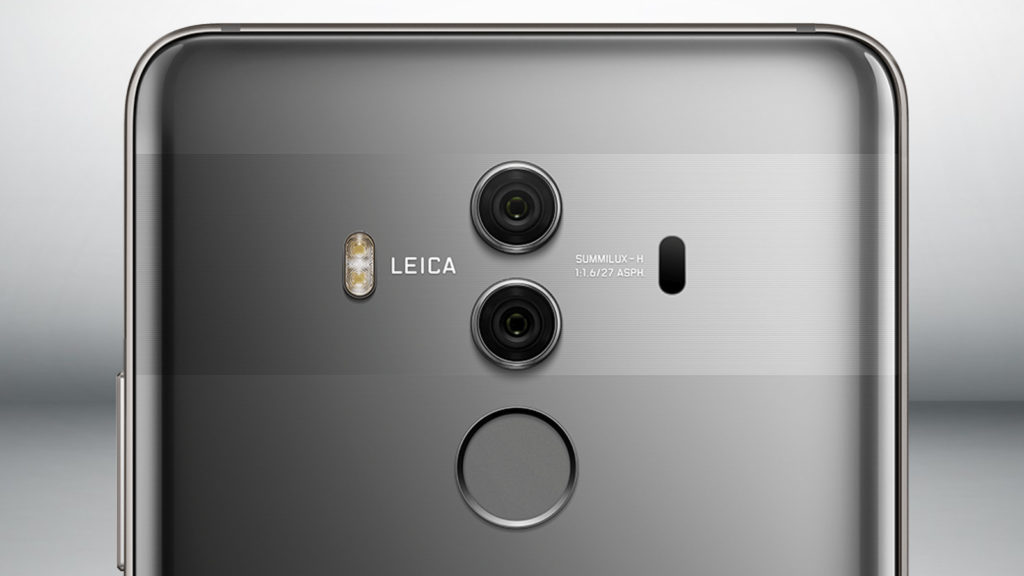News of Huawei’s last-minute failed deal with AT&T in the United States has made headlines across the tech world. After all, the Chinese brand was going to use CES to announce a massive push into the market via carriers.
According to reports, AT&T cited security concerns as the reason for the deal being cancelled, after it received a letter signed by lawmakers. The letter noted concerns “about Chinese espionage in general, and Huawei’s role in that espionage in particular”, Reuters reported.
No ad to show here.
These concerns are nothing new, having been floated about for years now. In fact, Huawei’s network equipment division has been a non-factor in the USA since 2013, owing to what is effectively a soft ban by the government due to vague security concerns.
The US government seems concerned by possible corporate espionage if Huawei were to step up its presence in the USA. And it does arguably have a precedent, given Huawei and Cisco’s legal tussling and T-Mobile’s legal actions over a phone testing robot. The Chinese firm has shored up its patent portfolio in recent years though, and its R&D spend now reportedly beats Apple.
But the USA is also concerned that Huawei (and ZTE) could be used as a tool by the Chinese government if Huawei were to build infrastructure for US carriers, leaking info to the government.
Hypocrisy, much?
It’s rather interesting that the USA expresses this concern, as there doesn’t seem to be hard evidence of Huawei snooping on foreign firms, customers and governments via its infrastructure. But you know what has happened? The NSA breached Huawei’s own network and monitored communications from its executives, making for a hypocritical stance by the USA.
The 2009 breach reportedly had two main goals in mind: to figure out any links between Huawei and the People’s Liberation Army, and to find any exploits it could use for snooping. It doesn’t seem like the NSA found any evidence of the former. As for the latter, it would prove useful for countries that aren’t using a ton of US network equipment and products, such as Iran, Cuba and others.
In fact, the NY Times report on the matter included an excerpt from an NSA document, confirming that the agency was targeting Huawei for snooping purposes.
“Many of our targets communicate over Huawei-produced products,” the document read. “We want to make sure that we know how to exploit these products.”
Does that mean that the bigger reason for US opposition to Huawei is that intelligence agencies will have a tougher time snooping on their products? After all, the NSA simply works with US equipment manufacturers, such as Cisco, to spy on users. A Chinese company would be a tougher nut to crack, perhaps necessitating the aforementioned breach.
Huawei’s frustration was clear when consumer business group CEO Richard Yu spoke on stage at CES this week.
“We win the trust of the Chinese carriers, we win the trust of the emerging markets… and also we win the trust of the global carriers, all the European and Japanese carriers,” Yu was quoted as saying by The Verge.
“We are serving over 70 million people worldwide. We’ve proven our quality, we’ve proven our privacy and security protection.”
The relationship between Huawei and the US government hasn’t stopped Google from working with the firm either, with the Google-branded Nexus 6P being produced by Huawei. Sure, Google takes care of the software, but if Huawei is good enough for the search firm…
